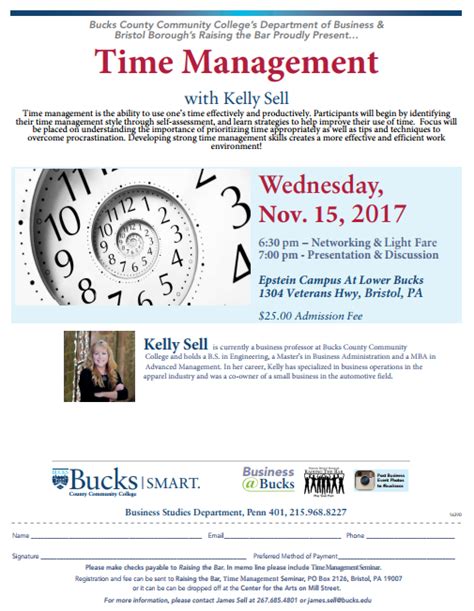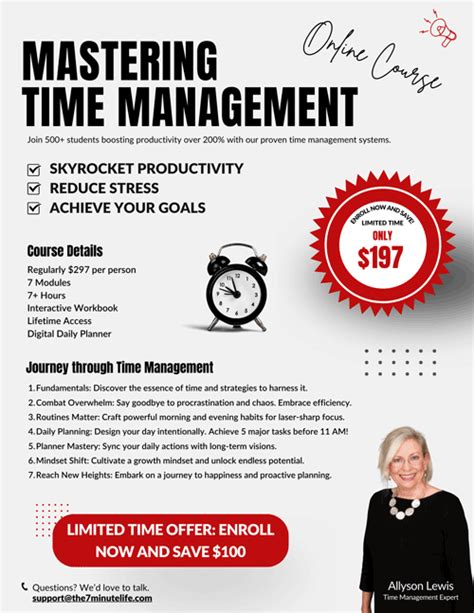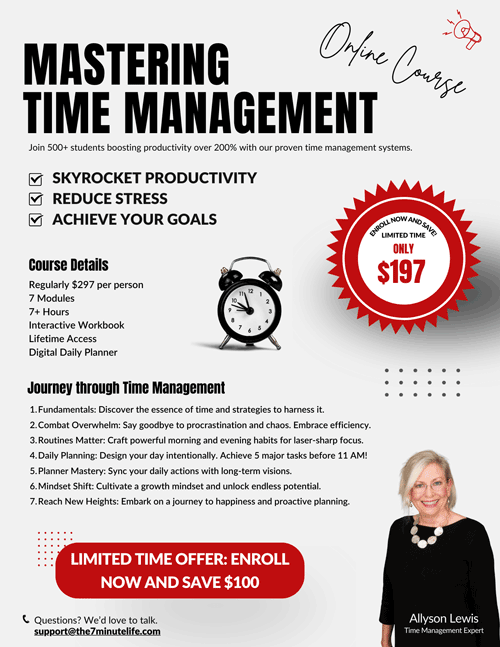Mastering effective study habits is essential for academic success and personal growth. In a world where distractions are abundant, developing strong time management skills is the key to staying focused and productive. This article explores the significance of consistent study routines and how setting clear goals can enhance your efficiency. You’ll learn how to create a structured study schedule, prioritize tasks, and incorporate breaks to maintain peak performance. We’ll also highlight useful tools and resources, common pitfalls to avoid, and the long-term benefits of mastering these skills. By the end, you’ll be equipped with proven strategies to boost your productivity and achieve your academic goals efficiently.
hotigames.com will lead an exploration of this topic in detail.
1. Why Study Habits Matter: The Importance of Consistent Study Routines
Study habits are the foundation of academic success. Consistent study routines create a structured environment where learning becomes a regular part of daily life, reducing stress and enhancing retention. When students establish strong study habits, they build a reliable framework that helps them navigate complex subjects and manage time effectively.
A consistent routine trains the brain to focus during specific periods, making it easier to concentrate and absorb information. This regularity not only improves memory retention but also fosters a sense of discipline that can be applied to other areas of life. Moreover, having a set study schedule reduces procrastination, as it creates a sense of responsibility and accountability.
In addition to improving academic performance, consistent study habits also promote a balanced lifestyle. They allow students to allocate time for other important activities, such as socializing, exercising, and pursuing hobbies. This balance is crucial for maintaining mental well-being and avoiding burnout.
Overall, the importance of consistent study routines cannot be overstated. They lay the groundwork for effective learning, help manage time and stress, and contribute to a well-rounded, disciplined approach to both academics and life.

2. Why Time Management is Key to Effective Study Habits
Time management is a crucial component of effective study habits. It allows students to allocate their time wisely, ensuring that each subject or task receives adequate attention. When time is managed well, it becomes easier to balance study sessions with other responsibilities, preventing last-minute cramming and reducing stress.
Effective time management begins with setting priorities. By identifying the most important tasks, students can focus their efforts where it matters most, making their study sessions more productive. This approach not only helps in covering more material but also in deepening the understanding of complex topics.
A well-structured study schedule, built around time management principles, encourages consistency and discipline. It helps students avoid the common pitfall of procrastination by breaking down large tasks into manageable segments. This segmentation makes studying less overwhelming and more achievable.
Moreover, good time management provides the flexibility to incorporate breaks and leisure activities, which are essential for maintaining mental and physical well-being. Regular breaks prevent burnout and keep the mind fresh, leading to more efficient and effective learning.
In essence, mastering time management is key to developing strong study habits, enabling students to maximize their productivity and achieve their academic goals.

3. Why Setting Clear Goals Enhances Study Efficiency
Setting clear goals is vital for enhancing study efficiency because it provides direction and purpose. When students define specific, achievable objectives, they gain a clear understanding of what needs to be accomplished, making their study sessions more focused and intentional. Clear goals serve as a roadmap, guiding students through their academic journey and helping them stay on track.
Goals also act as motivators. Knowing what they are working towards encourages students to remain committed and disciplined, especially when faced with challenging or tedious tasks. This sense of purpose boosts productivity, as each study session is seen as a step toward achieving a larger objective.
Additionally, setting clear goals allows for better time management. When students know exactly what they need to achieve, they can allocate their time more effectively, ensuring that each task is given the attention it deserves. This strategic approach minimizes wasted time and helps students avoid the frustration of aimless studying.
Ultimately, clear goals transform study habits into a more efficient, goal-oriented process, making it easier for students to achieve academic success.

4. How to Develop a Structured Study Schedule
Developing a structured study schedule is essential for effective time management and consistent study habits. Start by assessing your academic workload and identifying the subjects or tasks that require the most attention. Allocate specific time slots for each subject, ensuring a balanced distribution that reflects your priorities.
Begin by designating regular study times each day. Consistency is key, so try to study at the same time each day to build a routine. Break down larger tasks into smaller, manageable chunks, and assign them to different time slots. This makes studying less overwhelming and allows for better focus.
Incorporate short breaks between study sessions to rest and recharge. These breaks help maintain concentration and prevent burnout. Additionally, leave some flexibility in your schedule to accommodate unexpected tasks or revisions.
Finally, review and adjust your study schedule regularly. As you progress, some tasks may require more or less time, so it’s important to stay adaptable. A well-structured study schedule is a dynamic tool that evolves with your needs, helping you stay organized and productive.
5. How to Prioritize Tasks for Maximum Productivity
Prioritizing tasks is crucial for maximizing productivity during study sessions. Start by identifying your most important and urgent tasks—these should be your top priority. Use tools like the Eisenhower Matrix, which categorizes tasks into four quadrants: urgent and important, important but not urgent, urgent but not important, and neither urgent nor important. This helps you focus on what truly matters.
Once you’ve identified your priorities, tackle the most challenging or time-consuming tasks first, when your energy levels are highest. Completing these tasks early in your study session can give you a sense of accomplishment and make the remaining work feel more manageable.
Break down larger tasks into smaller, actionable steps. This makes them less daunting and easier to prioritize within your schedule. Additionally, avoid multitasking, as it can lead to decreased efficiency and focus.
Finally, regularly review and adjust your priorities based on upcoming deadlines, exams, or changes in your academic workload. By staying adaptable and focused on what’s most important, you’ll maximize your productivity and achieve your study goals more effectively.
6. How to Incorporate Breaks and Leisure to Maintain Focus
Incorporating breaks and leisure into your study routine is essential for maintaining focus and preventing burnout. Continuous studying without breaks can lead to mental fatigue, reducing your ability to concentrate and retain information. By strategically planning breaks, you allow your brain to rest and recharge, enhancing overall productivity.
One effective method is the Pomodoro Technique, which involves studying for 25 minutes followed by a 5-minute break. After four sessions, take a longer break of 15-30 minutes. This approach keeps your mind fresh and prevents the diminishing returns that come with prolonged study periods.
During breaks, engage in activities that relax and rejuvenate you, such as stretching, walking, or listening to music. Avoid activities that could become distractions, like scrolling through social media, as they can make it harder to return to focused studying.
Leisure activities are also important for maintaining a balanced lifestyle. Scheduling time for hobbies, socializing, or physical exercise not only enhances your well-being but also improves your ability to concentrate when you return to studying.
By incorporating regular breaks and leisure into your study routine, you’ll maintain a higher level of focus, reduce
7. What Tools and Resources Can Help Optimize Study Habits
Several tools and resources can significantly enhance study habits and optimize your learning process. Digital planners and calendar apps, such as Google Calendar or Microsoft Outlook, help you schedule study sessions, set deadlines, and track progress. These tools ensure that you stay organized and manage your time effectively.
Task management apps like Todoist or Trello are excellent for breaking down larger projects into manageable tasks and setting priorities. They help you stay focused and on track with your goals.
For focused study sessions, apps like Forest or Focus@Will provide background music or soundscapes that can improve concentration and reduce distractions. Additionally, using flashcard apps like Anki or Quizlet can enhance memorization and review efficiency.
Study guides and online resources such as Khan Academy, Coursera, or academic YouTube channels offer supplementary material and tutorials that can reinforce learning and provide different perspectives on challenging topics.
Incorporating these tools and resources into your study routine can help streamline your efforts, improve organization, and ultimately lead to more effective study habits.
8. What Common Pitfalls to Avoid When Building Study Habits
When building effective study habits, avoiding common pitfalls is crucial for success. One major pitfall is inconsistent study routines. Without a regular schedule, it’s easy to fall into procrastination and fail to cover all necessary material. Establishing a consistent study time each day helps combat this issue and reinforces discipline.
Another common mistake is overloading study sessions without breaks. Extended periods of study can lead to burnout and reduced productivity. It’s important to incorporate regular breaks to maintain focus and prevent fatigue, using techniques like the Pomodoro Technique to manage study and rest intervals effectively.
Additionally, neglecting goal-setting can undermine progress. Without clear, achievable goals, students may struggle with direction and motivation. Setting specific objectives for each study session ensures a sense of purpose and enhances productivity.
Lastly, many students fall into the trap of multitasking, which can diminish concentration and efficiency. Focusing on one task at a time, rather than juggling multiple activities, leads to better outcomes and more effective learning. By avoiding these pitfalls, you can build more robust and effective study habits.
9. What Long-Term Benefits Result from Mastering Study Habits
Mastering study habits yields numerous long-term benefits that extend beyond academic success. One key advantage is improved academic performance. Consistent study routines and effective time management lead to better understanding and retention of material, resulting in higher grades and a stronger grasp of subjects.
Developing strong study habits also enhances overall time management skills, which are invaluable in both academic and professional settings. The ability to prioritize tasks, set goals, and manage time efficiently translates into increased productivity and reduced stress in various areas of life.
Furthermore, mastering study habits fosters a sense of discipline and self-motivation. These qualities contribute to personal growth and help build resilience in the face of challenges. The organizational skills acquired through effective study routines can also enhance career prospects, as employers highly value candidates who demonstrate strong time management and problem-solving abilities.
Additionally, establishing positive study habits promotes a balanced lifestyle by incorporating breaks and leisure activities. This balance supports mental and physical well-being, leading to a healthier and more fulfilling life. Overall, mastering study habits equips individuals with skills and traits that benefit them throughout their personal and professional journeys.
Mastering effective study habits is key to achieving academic success and personal growth. By implementing consistent routines, managing time wisely, setting clear goals, and using helpful tools, you can enhance productivity and maintain focus. Embrace these strategies to build a solid foundation for long-term achievement and well-being.
hotigames.com
